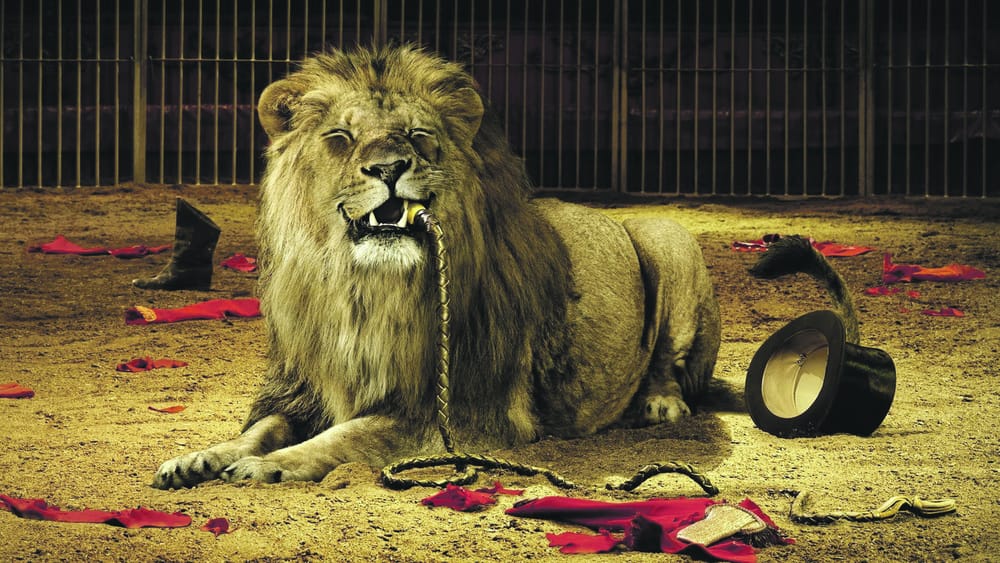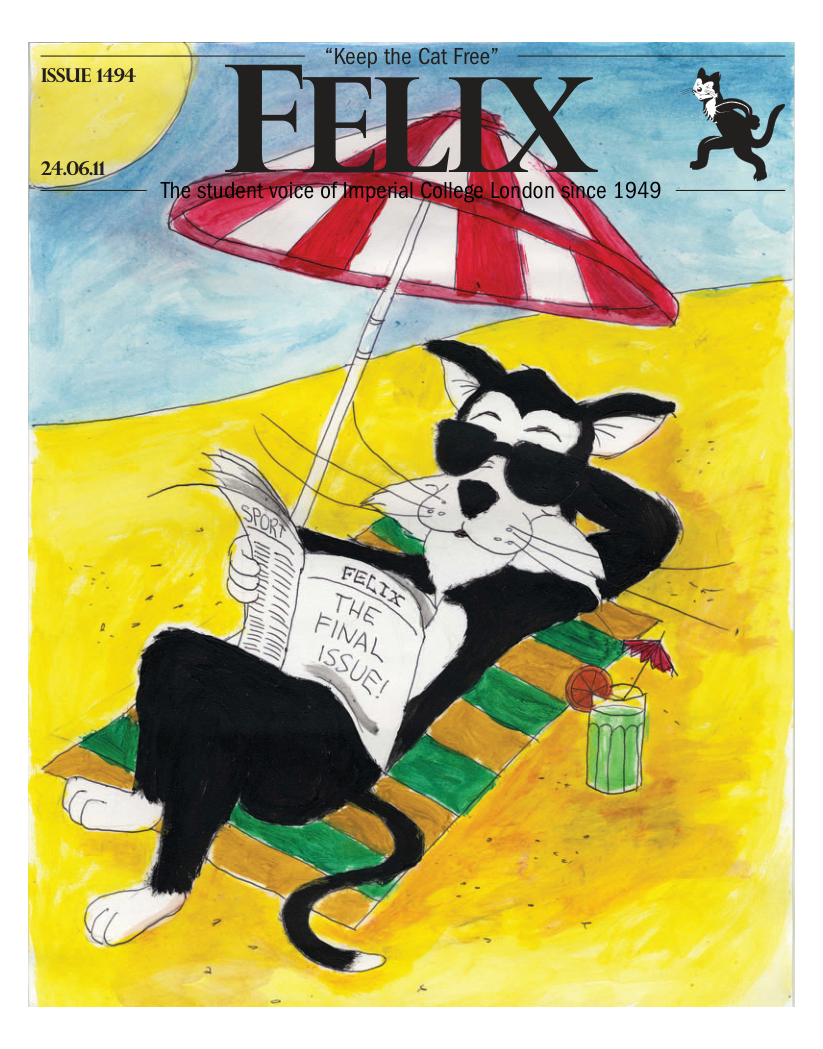Government calls for better circus animal welfare
Polls support ban on performing animals

Martin Lacey stands proudly in the centre of the big top, arms splayed, red suit barely stretching over his ample belly. His ungainly appearance is deceptive. To a roar from the crowd, he drops to his knees as a flash of white and black passes above his bald head. The lion lands with a snarl, and the audience rise to their feet, gasping with delight as it settles by Lacey’s side like a Golden Retriever. He stands and bows to rapturous applause. The show is a success.
For one of these performers, the reality of success is a difficult life on the road, training for hours each day and pacing a cage smaller than the average living room.
Earlier this month, the Department for Environment Food and Rural Affairs (DEFRA) released what it calls a ‘tough new licensing regime’ for animals used in circus performances. Assessment criteria include transport conditions, size of living quarters, and treatment by animal trainers. According to Environment Secretary Caroline Spelman, the stringent guidelines will improve quality of life for performing animals.
A noble aim indeed, but will it be enough? In 2009, Professor Stephen Harris and his colleagues at Bristol’s School of Biological Sciences completed a comprehensive survey of circus animal welfare worldwide.
What they found is hardly surprising. “Quite simply, there should be an outright ban” said Professor Harris, speaking from the Mammal Group Lab at Bristol University. “We don’t need animals in circuses…the requirements of these animals are so specific you just can’t meet them in a circus environment.”
It seems that the British public agree. An opinion poll in 2011 revealed that 71% of the UK public support a total ban on all performing animals across the UK. Of DEFRA’s licensing proposal, Professor Harris said “I think it’s a rather farcical process. I mean, if you look at the welfare situation in zoos it is pretty terrible anyway, and those animals are kept in one place. So in circuses, well, there simply aren’t any welfare standards.”
Martin Lacey’s white lion and other exotic creatures will continue to perform for delighted crowds across the country, and perhaps they will be better protected from poor treatment at the hands of their owners.
But if pressure and petitioning from welfare groups, charities, higher-profile scientists and the public continues, DEFRA may be forced to take a stronger stance.







